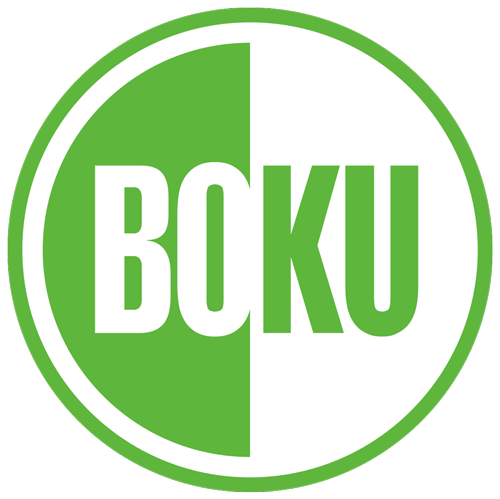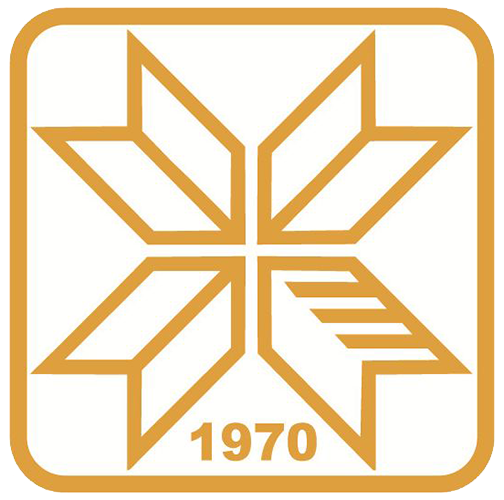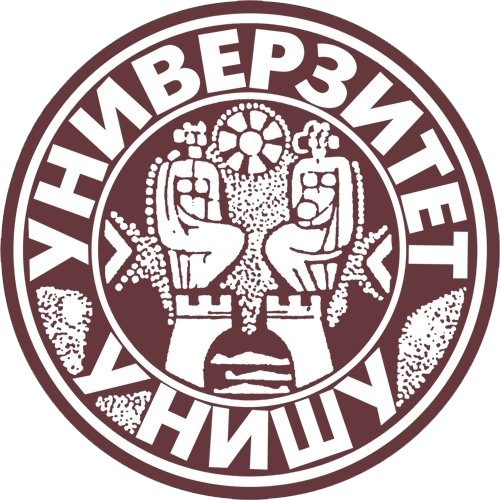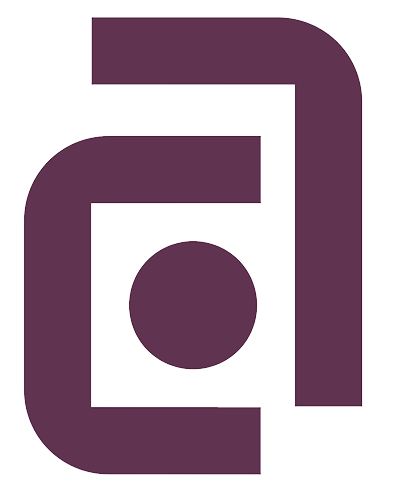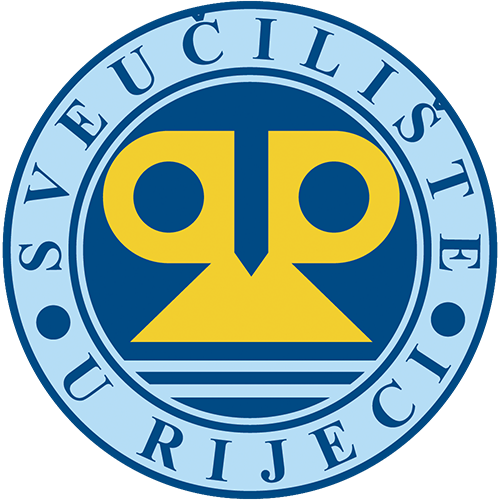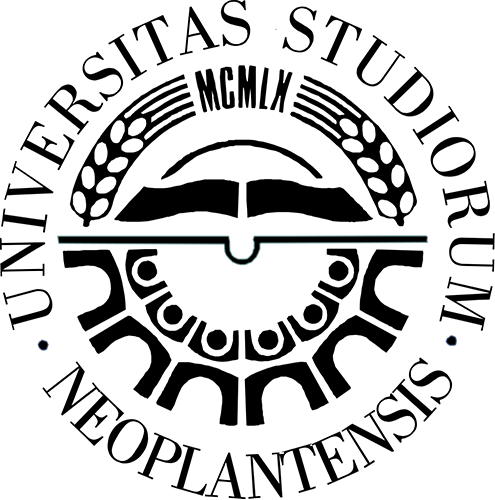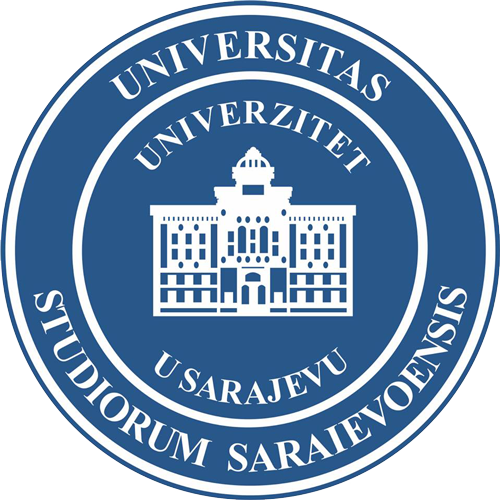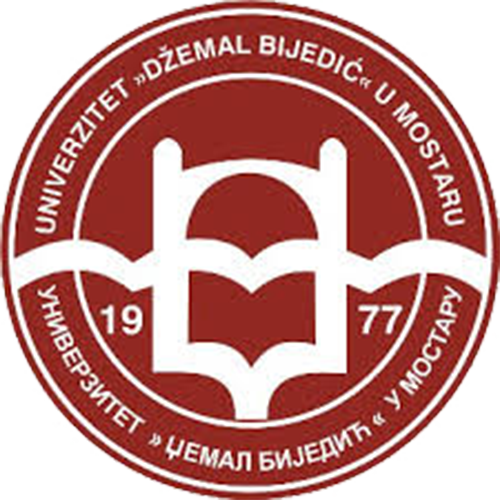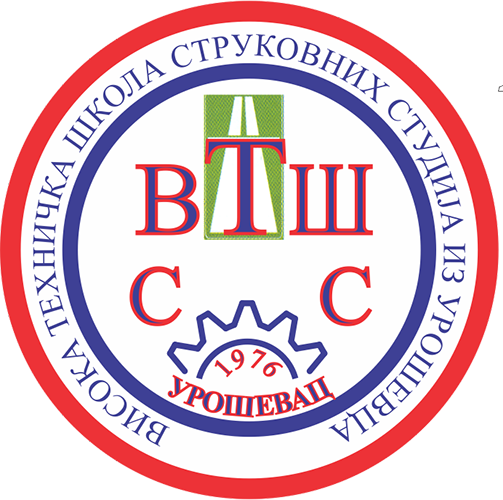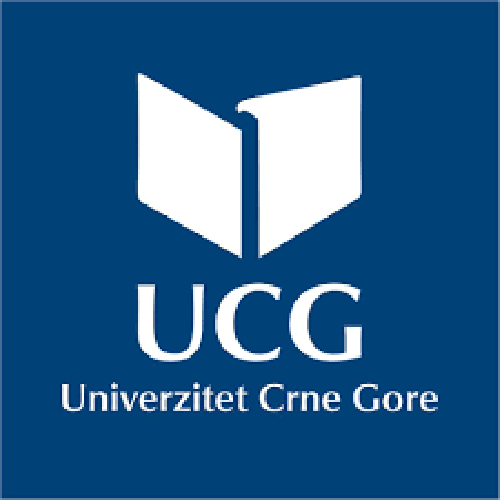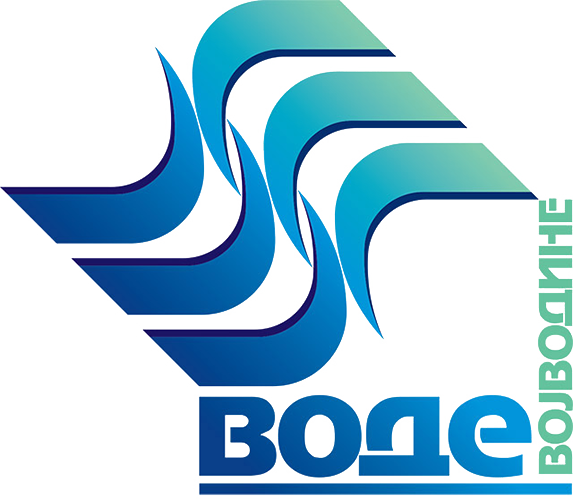Work Packages
- Work Package 1
- Work Package 2
- Work Package 3
- Work Package 4
- Work Package 5
- Work Package 6
- Work Package 7
Work Package 1
WP1 Analysis of water resources management in the Western Balkan region
|
Identification of Western Balkans regional issues related to water resources management will be done in WP1. The result of this activity will be report on WB regional issues related to WRM that will be used for preparing traiings for professionals in water sector in WB partner countries. Three-day workshop on innovative practices in the EU water sector will be held at BOKU, where the up-to-date topics related to EU water sector will be analysed and presented. The general overview of existing successful models of education in the field of WRM of EU HEIs and comparative analysis with the existing curricula in WB partner countries will represent the basic guidelines for the definition and development of the new courses and master curricula in WB countries. The WP1 is subdivided into five activities: * A1.1 Identification of WB regional issues related to WRM * A1.2 Analyse of EU innovations in water policy and EU recommendations and legislation in water sector * A1.3 Analyse of existing curricula related to WRM in both EU and WB partner countries * A1.4 Identification of needed laboratory resources in WB HEIs and alignment with formed EU HEIs WM laboratory equipment list * A1.5 Workshop on innovative practices in the EU water sector: barriers and opportunities |
Type: Preparation Lead organization: University of Natural Resources and Life Sciences, Vienna
End date: 14-06-2019 |
Work Package 2
WP2 – Development of competence-based curricula aligned with EU trends|
The new developed competence-based and strengthen existing master curricula aligned with EU trends will define precisely the teachers’ competencies, learning outcomes, course content and syllabi. It will ensure the viability and applicability in the period after the completion of the project. Within WP2 the WB teaching staff will be trained in EU partner countries for implementation of innovative teaching methods in the field of WRM. Each of the WB HEIs will define the local working group which will be responsible for strengthening master curricula. Working groups will be under the supervision and control of the Project Management Committee. All preliminary reports and defined curricula will be prepared and analysed on the meetings and their short descriptions will be presented to the Steering Committee for the final review and approval. Unique set of courses that will be used in defining master curricula in WB partner countries will be developed and learning materials will be prepared. Special responsibility of partners from EU countries is to ensure a modern and innovative approach in the creation of learning materials and teaching methodology. Due to the fact that substantial differences exist among the curriculums of partner HEIs and different national conditions related to accredition certain adaptation to national frame of developed master curricula will be necessary. With intention that this adaptation process is limited and well organized so that the essence of developed up-to-date courses can be implemented in all partners study programmes, report on SWARM master curricula will be developed. To avoid delays in accreditation during the second project year special efforts will be made and precise accreditation plans will be prepared for each WB partner HEI. The WP2 is subdivided into five activities: * A2.1 Development of specific competencies and learning outcomes of curricula in WB * A2.2 Development of courses content and syllabi * A2.3 Innovation of existing and development of new master curricula for WRM in WB * A2.4 Accreditation of master curricula * A2.5 Theme-based training of teaching staff for acquiring new teaching and learning methods * A2.6 Purchasing of literature, software and laboratory equipment |
Type: Development Lead organization: Aristotle University of Thessaloniki
Start date: 15-11-2018 End date: 14-09-2020 |
Work Package 3
WP3 – Development of trainings for professionals in water sector|
The analysis of water sector needs in WB partner countries will be done with the aim to identify knowledge and organizational gaps and develop effective training programmes for professionals in water sector. Within the WP3 the list of existing LLL courses professionals in water sector in EU partner countries will be created in order to help WB partners to develop efficiently trainings for professionals in water sector. The results of analysis will serve to decide which specific areas in the field of water resources management will be covered by training programmes, considering specificity of each WB partner country. The selected teachers from WB HEIs will prepare programmes of the trainings that will be applicable on national level and will conduct three-day training with participation of interested professionals in water sector, representatives of governmental bodies and other stakeholders (30 participants per training). In order to ensure at least 1050 respondents or 150 per WB HEI digital marketing will be applied and also promotional campaigns at on-line and printed media. Therefore, A3.2 wil be direct connected with A6.2 i.e. promotional campaigns. The WP3 is subdivided into three activities: * A3.1 Introduction with LLL courses for professionals in water sector in EU * A3.2 Analyse of water sector needs for LLL courses in WB * A3.3 Development of trainings’ content and corresponding educational material |
Type: Development Lead organization: University of Pristina in Kosovska Mitrovica
Start date: 15-12-2018 End date: 14-03-2020 |
Work Package 4
WP4 – Implementation of developed master curricula and trainings|
In this WP students will be enroled to master studies in the field of water resources management. The enrolment will be conducted according to the legal WB HEIs procedures with precise definition of the enrolment conditions. The studies will comprise teaching, learning, exercising, evaluation and examinations. During this process students will have opportunity to be educated in the newly formed and equipped laboratories. Self-evaluation on quality of master curricula will be regularly performed twice per year in winter and summer semesters. The LLL courses for professionals in water sector will be organized with aim to raise awareness about innovative solutions that can be implemented in water sector. The participants will be informed by online media and newspaper about the terms and contents of trainings. The trainings will be delivered in the centers for lifelong learning at universities (where it is applicable) and the certificate of acquiring the key skills in WRM will be issued at the end of training completion. Self-evaluation of the trainings’ quality will be done. Special training and instructions will be given to teachers teaching new courses regarding the evaluation of implementation among the students and teachers itself. Independent evaluation of courses implementation by experts from other partners will also be conducted. The WP4 is subdivided into four activities: * A4.1 Implementation of developed master curricula * A4.2 Implementation of trainings for professionals in water sector * A4.3 Self-evaluation of master curricula * A4.4 Self-evaluation of trainings for professionals in water sector |
Type: Development Lead organization: Norwegian University of Life Sciences
End date: 14-11-2021 |
Work Package 5
WP5 – Quality assurance and monitoring|
The SWARM project quality assurance and monitoring will be performed as follows: 1) Internal quality assessment will include peer reviews performed by the Quality Assurance Committee(QAC) consisting of members from following partner HEIs: NMBU, UACEG, UNIRIFCE and UL as a WP5 Leader. Reports on the project quality progress will be delivered by all project participants, twice a year. QAC will prepare quality reports twice a year after its meetings and send them to SC. 2) External quality assessment will be enabled through continuous presentation of the project activities and deliverables on the project website, as well as their publishing in public media (newspapers, journals, electronic media etc.). External evaluator will be subcontracting for the external evaluation of achieved projects results. According to the internal and external monitoring and quality control, the QAC (if necessary) will take measures to improve the quality of the project realization. The external monitoring and peer reviews, as well as the project reports, will be available on the project website. 3) Inter-project coaching will be implemented i.e. Consortium members will contact the members of running and/or completed Erasmus+ projects in similar fields in order to use their accumulated expertise and to undertake a peer review. Quality Assurance Committee meetings will be held twice a year and open for the participation of representatives of all Consortium members. Standards and Guidelines for Quality Assurance in the European Higher Education Area, developed by ENQA (European Association for Quality Assurance in Higher Education), adopted by the Bologna Process Ministers in 2005, will be taken as reference, as well as the key quality assurance principle of continuous improvement. Project success indicators specified in the Logical Framework Matrix (LFM) and short and long term impact indicators specified in section G of this proposal will be used as a basis for continuous evaluation of the progress of the SWARM project. The WP5 is subdivided into five activities: * A5.1 Development of the Quality and Assurance Plan * A5.2 Regular Quality Assurance Committee meetings * A5.3 External evaluation of the project * A5.4 External financial control * A5.5 Inter-project coaching |
Type: Quality Plan Lead organization: Universidade de Lisboa
Start date: 15-12-2018 End date: 14-11-2021 |
Work Package 6
WP6 – Dissemination and exploitation|
Project dissemination will involve institutional, national and international level of activities. It will be focused on promotion the project itself, its objectives and achieved results and participants and to raise awareness of the general public about the potential benefits of the project results. One of the first tasks in WP6 is development of the project website, which will be used for presenting project activities. Special attention will be devoted to the promotion of the project on social networks such as Facebook, LinkedIn and Instagram. The awareness campaign will include advertising on TV, radio and on-line or printed newspapers. Special attention will be paid to promoting new master curricula in WB HEIs and developed LLL courses for professionals in water sector. It will be organized promotions for WB non-partner HEIs using roundtables and info days in order to promote trainings and master studies in the field of water resources management, respectively. All events will be documented and displayed on the project website. In the long term perspective of the SWARM project it is necessary to increase the public and state authorities’ awareness for the significance of the water resources management. This goal will be achieved mainly through the distribution of brochures and leaflets aimed to provide all relevant project information to interested stakeholders, as well as to publish information about SWARM in mass media. Most of the performance indicators are quantifiable (minimum quantities will be defined in Dissemination and Exploitation plan). Dissemination impact will be measured partly by directly measurable indicators (number of attendees, circulation of magazines, training participants) and part by indirectly measurable indicators (web site visitors, etc.). The sustainability will be expressed through the following: 1) WB HEIs will continue to implement the developed master curricula. The SWARM master studies will be financed both by the public sources (national budgets for education) and private sources (students fees), as well as the eventual scholarships offered by interested companies. 2) The formed LLL courses for professionals in water sector will be offered to all interested stakeholders. The participation fees paid by the interested stakeholders (public services, companies, individuals) will cover costs for the courses, after the project completition. 3) WB HEIs will continue to maintain the formed laboratories and the new teaching environment. SWARM HEIs will use their own budgets in order to maintain the laboratories and the new teaching environment, after the project is finished. After year 2021, the WB HEIs will enhance the quality of the education to the EU level and will be well prepared for further international scientific, educational and research programmes. The WP6 is subdivided into seven activities: * A6.1 Creation of the Dissemination & Exploitation Plan * A6.2 Development of project website and promotional materials * A6.3 Info days for student enrolment * A6.4 Roundtables with non-academic sector * A6.5 Winter/summer schools * A6.6 Symposium for promoting WRM in WB |
Type: Dissemination & Exploitation Lead organization: University of Niš
End date: 14-11-2021
|
Work Package 7
WP7 – Project management|
The SWARM project leadership will be ensured by the legal representative of the Project Coordinator - University of Nis (UNI). The Project Management Committee (PMC) will be established on the kick-off meeting and will lead all project activities and be responsible for the achievement of the project outcomes. UNI will coordinate PMC activities, with participation of other 7 Work Package Leaders. PMC will be responsible for full enforcement of the project activities and it will coordinate day-to-day management with contact persons from Consortium members HEIs. In this way it will be possible to achieve appropriate balance between delegation of responsibilities and maintaining overall control of project staff performance. Also, at the kick-off meeting the Steering Committee will be established which will be consist of one representative from each of the SWARM partners. It will adopt all created plans and will be one hierarchical level above the PMC. At the end of each project year, the SC will evaluate implemented activities and outputs and make more detailed plan for upcoming period and ensure exploitation of project outcomes. SC and PMC meetings will be held twice a year. The project coordinator will have the crucial role in all organising SWARM activities, and will be in charge with the achievement of the project deliverables. Each Consortium member will be expected to establish its local support group responsible for administration and smooth implementation of actions, project related administration and financial issues, as well as submission of internal reports. Project management and reporting guide will be created including special part of regarding risk management. WP7 also includes reporting and communication with NEOs, project officer and EACEA. As the summarized management activities, two reports (interim and final) will be submitted to the EACEA. The WP7 is subdivided into six activities: * A7.1 Kick-off meeting * A7.2 Brussels kick-off meeting * A7.3 Development of Project management guide * A7.4 Regular Steering Committee & Project Management meetings * A7.5 Day-to-day coordination of project activities * A7.6 Submission of interim and final reports |
Type: Management Lead organization: University of Niš
Start date: 15-11-2018 End date: 14-11-2021 |


